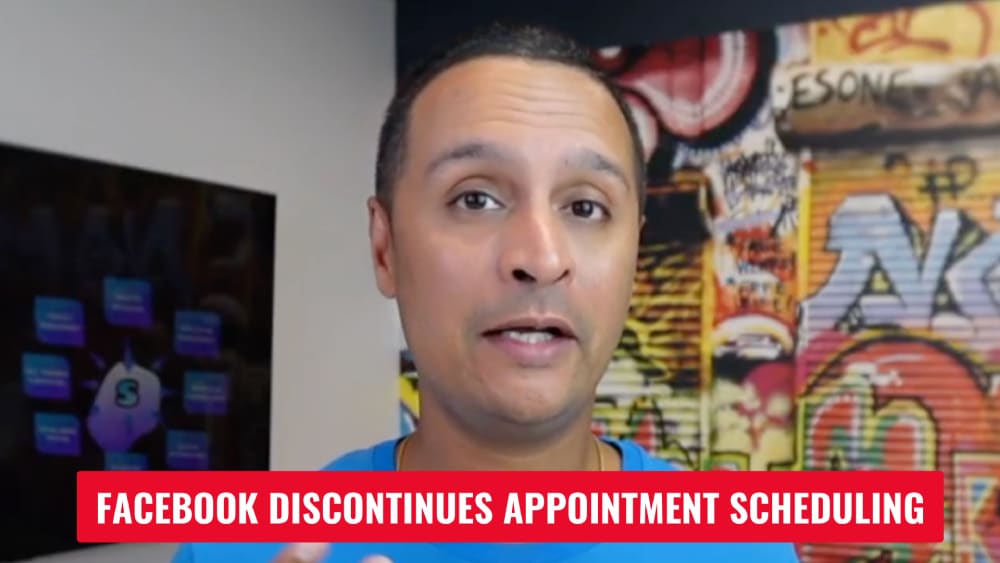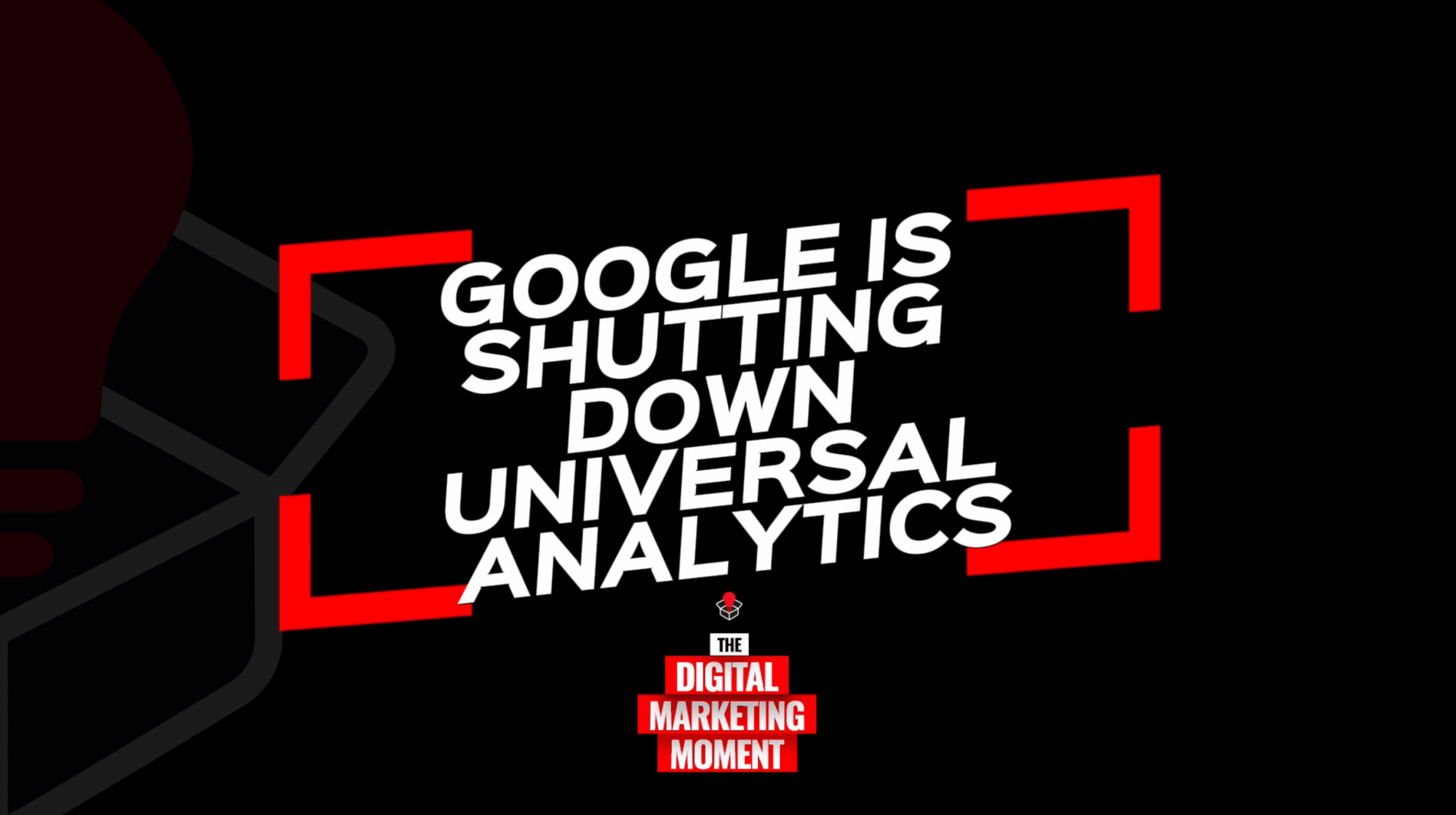Imagine a world where scheduling appointments is no longer a time-consuming hassle. A world where every meeting is set up seamlessly, with all participants arriving prepared and on time. Sounds ideal, right? For many business owners and marketers, this dream can become a reality with the right tools and strategies.
In the fast-paced realm of digital marketing, efficient appointment scheduling is crucial. It not only saves time but also enhances productivity and fosters better relationships with clients. Yet, despite its importance, many businesses struggle with the complexities of scheduling, often finding themselves trapped in endless back-and-forth emails and frequent no-shows.
So, what if you could simplify appointment scheduling and ensure that every meeting runs smoothly? This blog post will explore how leveraging marketing automation and web-based tools can transform your scheduling process, making it more efficient and effective. We’ll delve into the common challenges businesses face, the benefits of automated scheduling, and practical steps to implement these solutions. By the end, you’ll be equipped with the knowledge to revolutionize your appointment scheduling and, in turn, boost your business’s overall performance.
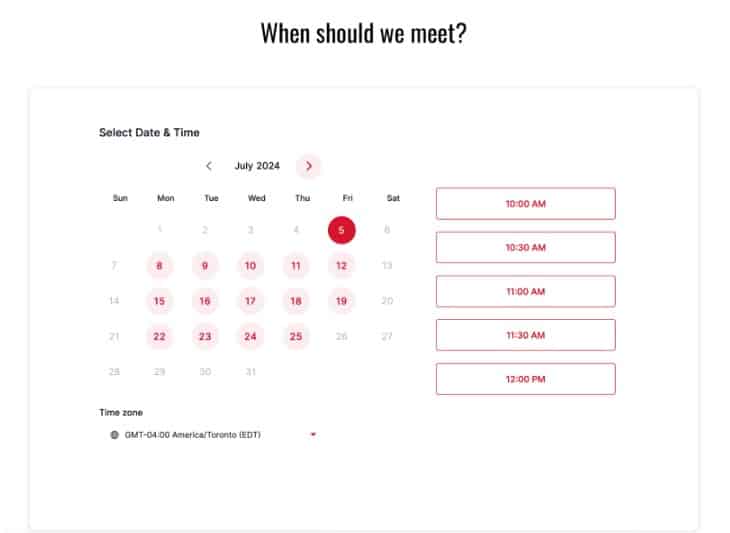
The Current Challenges in Appointment Scheduling
Scheduling appointments might seem like a straightforward task, but it often comes with numerous hidden challenges that can impede business efficiency and client satisfaction. Here are some common issues many businesses face:
Time-Consuming Back-and-Forth Communication
One of the most frustrating aspects of scheduling appointments is the endless back-and-forth communication required to find a mutually convenient time. This not only eats up valuable time but also creates unnecessary stress for both parties involved. Coordinating schedules through emails or phone calls can lead to delays, miscommunications, and a significant drain on productivity.
High Rate of Missed or Unprepared Meetings
Even after a meeting is successfully scheduled, there’s no guarantee that all participants will show up or be adequately prepared. Missed meetings are a common occurrence, often resulting from forgotten appointments or lack of timely reminders. Additionally, when clients arrive unprepared, it can lead to unproductive sessions, further wasting time and resources.
Impact on Productivity and Client Relationships
The inefficiencies in appointment scheduling can have a ripple effect on overall productivity. Time spent on manual scheduling could be better invested in more strategic activities that drive business growth. Moreover, frequent missed or unproductive meetings can damage client relationships. Clients may perceive the business as disorganized, which can erode trust and loyalty over time.
Example Scenarios Illustrating These Challenges
Consider a marketing agency that needs to schedule regular check-ins with its clients. Each meeting involves coordinating multiple calendars, sending reminders, and ensuring that all necessary materials are prepared in advance. Despite their best efforts, the agency often faces no-shows or clients who arrive without the required information, leading to inefficient and frustrating meetings.
Another example is a sales team that relies on face-to-face meetings to close deals. The time spent arranging these appointments can significantly cut into their selling time. Missed meetings or last-minute cancellations further exacerbate the issue, reducing the team’s overall effectiveness and impacting sales performance.

The Concept of Marketing Automation in Scheduling
Definition and Benefits of Marketing Automation
Marketing automation refers to the use of software and technology to automate repetitive marketing tasks. This can include everything from email campaigns and social media posting to customer segmentation and lead management. In the context of appointment scheduling, marketing automation can streamline the entire process, making it more efficient and less prone to human error.
How Automation Can Streamline Scheduling Processes
By integrating marketing automation into appointment scheduling, businesses can significantly reduce the time and effort required to coordinate meetings. Automated scheduling tools can handle the entire process, from offering available time slots to sending reminders and follow-up messages. Here’s how:
- Automated Time Slot Selection: Clients can easily view and select from available time slots, eliminating the need for back-and-forth communication.
- Customizable Reminders: Automated tools can send personalized reminders via email and SMS, ensuring that clients remember their appointments and come prepared.
- Real-Time Updates: Any changes to the schedule are instantly updated and communicated to all parties, reducing the risk of miscommunications and missed meetings.
Overview of Tools Available for Automating Appointment Scheduling
Several tools are available to help businesses automate their appointment scheduling processes. These tools often come with a range of features designed to enhance efficiency and improve client interactions. While we won’t mention specific brands, here are some common features you can expect from these tools:
- Calendar Integration: Seamlessly syncs with your existing calendars (e.g., Google Calendar, Outlook) to prevent double bookings and ensure availability.
- Client Self-Scheduling: Allows clients to book, reschedule, or cancel appointments at their convenience.
- Automated Notifications: Sends reminders and confirmations to both clients and staff, reducing no-shows and ensuring everyone is on the same page.
- Customizable Booking Pages: Provides a professional and branded experience for clients when they book appointments.
- Analytics and Reporting: Offers insights into scheduling trends, client behaviors, and appointment outcomes to help you optimize your processes.
The Role of Automation in Digital Marketing
In digital marketing, automation plays a crucial role in enhancing customer engagement and driving business growth. Automated appointment scheduling is just one example of how businesses can leverage technology to improve efficiency and client satisfaction. By reducing manual tasks and ensuring consistent communication, marketing automation helps businesses maintain a high level of service while freeing up valuable time for more strategic initiatives.
Benefits of Automated Appointment Scheduling
Implementing automated appointment scheduling can transform the way businesses manage their time and interact with clients. Here are the key benefits of adopting this technology:
Efficiency and Time-Saving
Automated appointment scheduling drastically reduces the time spent on manual coordination. Instead of engaging in lengthy email chains or phone calls to find a suitable time, clients can independently book appointments at their convenience. This frees up significant time for staff to focus on core business activities and strategic planning.
- Reduction in Manual Coordination: Automated systems handle all the logistics, from booking to reminders, eliminating the need for constant human intervention.
- Example of Time Savings: Consider a consultant who typically spends several hours a week managing appointments. With automation, those hours can be redirected towards client work, enhancing productivity and revenue generation.
Improved Client Preparedness
One of the major advantages of automated scheduling tools is their ability to send custom reminders and preparatory emails. This ensures that clients are well-informed and ready for their meetings.
- Custom Reminders: Automated reminders can be customized to include important information such as meeting agendas, required documents, and pre-meeting tasks.
- The Role of SMS and Email Reminders: Sending reminders via both email and SMS increases the likelihood that clients will receive and act on them. This dual-channel approach helps ensure that no detail is missed and that clients arrive prepared.
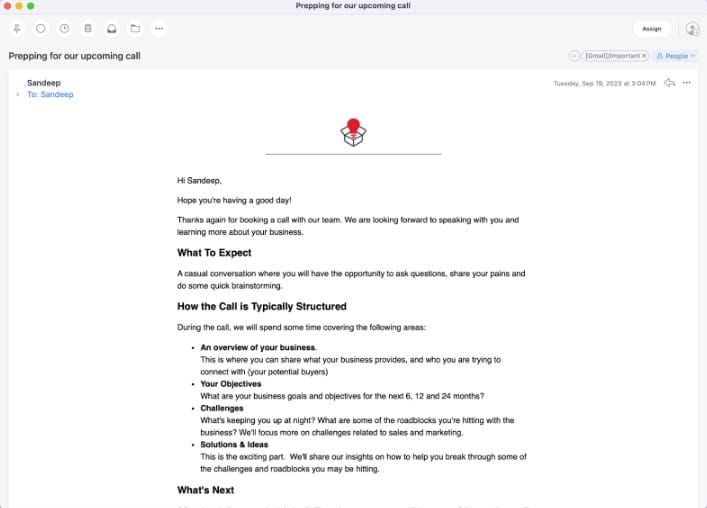
Reduced Missed Meetings
Missed meetings are a common frustration that can be significantly mitigated through automation. By sending timely reminders and allowing easy rescheduling, automated tools help ensure higher attendance rates.
- Automated Reminders Reducing No-Shows: Automated reminders can be scheduled to go out at optimal times before the appointment, significantly reducing the chances of clients forgetting their commitments.
Statistical or Anecdotal Evidence: Many businesses report a marked decrease in missed meetings after implementing automated scheduling systems. This improvement not only saves time but also enhances client satisfaction.
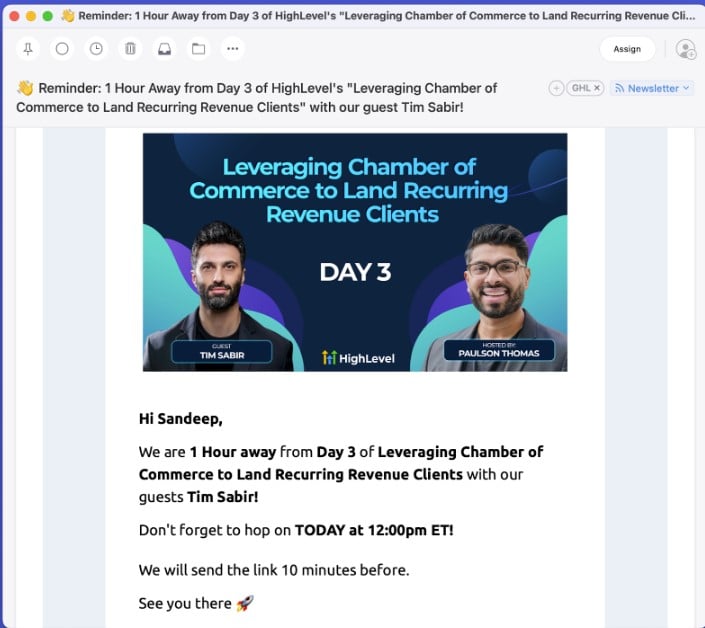
Enhanced Communication and Transparency
Clear and consistent communication is key to building trust with clients. Automated scheduling tools foster transparency by providing clients with all the necessary information and updates about their appointments.
- Building Trust Through Clear Communication: By ensuring that clients are kept informed throughout the scheduling process, businesses can build stronger, more trusting relationships.
- How Automation Fosters Transparency: Automated tools provide clients with clear, detailed information about their appointments, reducing ambiguity and enhancing the overall experience.
Example Scenarios
Imagine a law firm that implements an automated scheduling tool. Clients can easily book consultations online, receive automated reminders, and come prepared with all necessary documents. This streamlined process not only saves time for the firm’s staff but also improves the client’s experience, leading to higher satisfaction and stronger client relationships.
Another example is a fitness coach who uses automated scheduling to manage client sessions. The system sends out reminders and preparatory information, ensuring that clients are ready and committed to their sessions. This leads to fewer no-shows and more productive meetings, ultimately benefiting both the coach and the clients.
Practical Implementation of Automated Scheduling Tools
Steps to Integrate an Automated Scheduling Tool into Your Workflow
Implementing an automated scheduling tool can seem daunting, but with a structured approach, it can be seamlessly integrated into your existing workflow. Here are the key steps to get started:
- Identify Your Needs: Determine the specific requirements for your scheduling system. Consider factors such as the number of appointments, types of meetings, and client preferences.
- Choose the Right Tool: Research various automated scheduling tools to find one that fits your needs. Look for features like calendar integration, customizable reminders, and client self-scheduling options.
- Setup and Configuration: Once you’ve selected a tool, configure it to align with your business processes. This may include syncing with your calendar, setting available time slots, and customizing reminder messages.
- Testing: Before fully rolling out the tool, conduct thorough testing to ensure it works as expected. Schedule test appointments, check reminder timings, and verify that all functionalities are operational.
- Training and Rollout: Train your staff on how to use the new system. Ensure they understand its features and benefits, and address any concerns or questions they might have. Then, gradually roll out the tool to your clients.
- Monitor and Optimize: After implementation, continuously monitor the tool’s performance. Gather feedback from clients and staff, and make necessary adjustments to optimize its effectiveness.
Best Practices for Setting Up Reminders and Follow-Ups
To maximize the benefits of automated scheduling tools, it’s important to set up reminders and follow-ups effectively. Here are some best practices:
- Personalize Reminders: Customize reminder messages to include the client’s name, appointment details, and any specific instructions. Personalization makes reminders more engaging and effective.
- Optimal Timing: Schedule reminders to be sent at strategic intervals before the appointment. For example, send an initial reminder one week in advance, followed by another one or two days before the meeting.
- Use Multiple Channels: Utilize both email and SMS for reminders. This ensures that clients receive notifications through their preferred communication method, increasing the likelihood that they will see and act on them.
- Include Essential Information: Make sure reminders contain all necessary details, such as the meeting agenda, required documents, and any preparatory steps. This helps clients come prepared and reduces the need for last-minute clarifications.
- Automated Follow-Ups: Set up automated follow-up messages after the appointment. These can be used to thank clients for their time, gather feedback, or schedule the next meeting.
Tips for Customizing Messages
Customizing your automated messages can significantly enhance client engagement and satisfaction. Here are some tips:
- Brand Consistency: Ensure that all messages align with your brand voice and style. This helps maintain a professional and cohesive image.
- Clarity and Conciseness: Keep messages clear and to the point. Avoid unnecessary jargon and focus on delivering the essential information.
- Actionable Instructions: Include clear instructions on what clients need to do before the meeting. This could be filling out a form, preparing specific documents, or confirming attendance.
- Warm and Friendly Tone: Use a warm and friendly tone in your messages to create a positive impression and build rapport with clients.
Real-World Implementation Examples
Consider a real estate agency that implements an automated scheduling tool. They configure the system to allow clients to book property viewings online, automatically sending reminders with viewing details and required documents. This streamlined process reduces no-shows and ensures that clients arrive prepared, enhancing the overall experience.
Another example is a healthcare provider who uses automated scheduling to manage patient appointments. The tool sends personalized reminders about upcoming appointments, including instructions for any preparatory steps. This not only improves attendance rates but also ensures patients come prepared, leading to more efficient consultations.
Our Expertise in Setting Up Automated Scheduling Tools
Why Choose Us?
At Sandbox Media, we understand the complexities of appointment scheduling and the impact it can have on your business operations. With extensive experience in implementing automated scheduling solutions, we have helped numerous clients streamline their processes, enhance client engagement, and boost overall productivity. Here’s why we are the best choice for setting up your automated scheduling tools:
Platforms We Work With
We leverage a range of powerful platforms to provide tailored solutions that meet your specific needs. Our expertise spans across:
- Stiki Marketing: Our proprietary CRM, Stiki Marketing, is a comprehensive marketing platform that goes beyond just scheduling. It offers a full suite of features, including customer relationship management, automated marketing campaigns, analytics, and more. By using Stiki Marketing, you can manage your entire client journey from one centralized platform, reducing complexity and cost.
- HighLevel: HighLevel is another robust marketing CRM we utilize to deliver exceptional results for our clients. This platform integrates appointment scheduling with a wide array of marketing automation tools, enabling you to nurture leads, engage with clients, and drive conversions efficiently. HighLevel’s versatility makes it a powerful asset for businesses looking to enhance their digital marketing efforts.
- Calendly: While Calendly is primarily a scheduling tool, it excels in making the appointment booking process simple and user-friendly. We often integrate Calendly with other marketing tools to provide a seamless scheduling experience for our clients. However, for businesses looking for a more comprehensive solution, platforms like Stiki Marketing and HighLevel offer broader capabilities.
Benefits of Using Comprehensive Marketing CRMs
Opting for a full-featured marketing CRM like Stiki Marketing or HighLevel provides numerous advantages:
- Cost Efficiency: By consolidating multiple functions into a single platform, you save on the cost of subscribing to multiple tools. This integrated approach not only reduces expenses but also simplifies your workflow.
- Reduced Complexity: Managing different aspects of your business from one platform eliminates the hassle of switching between various tools. This unified system enhances productivity and ensures a smoother operation.
- Enhanced Functionality: Comprehensive marketing CRMs offer a wide range of features beyond scheduling. From automated marketing campaigns and customer segmentation to detailed analytics and reporting, these platforms equip you with everything you need to grow your business.
- Improved Client Engagement: With advanced tools for personalized communication, automated follow-ups, and customized reminders, you can engage your clients more effectively and build stronger relationships.
Our Implementation Process
When you choose Sandbox Media, we guide you through a seamless implementation process:
- Consultation: We start by understanding your business needs and challenges. Our team of experts will discuss your goals and determine the best tools and strategies to achieve them.
- Customization: Based on your specific requirements, we customize the chosen platform to align with your brand and business processes. This includes setting up automated reminders, personalized messages, and integrating the tool with your existing systems.
- Training and Support: We provide comprehensive training to ensure your team is comfortable using the new system. Our ongoing support ensures any issues are promptly addressed, and your scheduling process remains smooth and efficient.
- Optimization: Post-implementation, we continuously monitor the system’s performance and make necessary adjustments to optimize its effectiveness. Our goal is to ensure you get the maximum benefit from your automated scheduling tool.
The Future of Appointment Scheduling in Digital Marketing
Trends and Predictions
As technology continues to evolve, the future of appointment scheduling looks increasingly promising. Here are some key trends and predictions for the role of automation in appointment scheduling within the realm of digital marketing:
- Increased Integration with AI and Machine Learning:
- AI and machine learning are set to play a significant role in the future of appointment scheduling. These technologies can analyze client behavior, preferences, and past interactions to predict the best times for appointments and suggest optimal meeting slots. This level of personalization can greatly enhance client satisfaction and improve the efficiency of scheduling processes.
- Enhanced User Experience with Conversational Interfaces:
- The use of chatbots and conversational interfaces for scheduling is expected to become more prevalent. These tools can provide a seamless, interactive experience for clients, allowing them to book appointments, ask questions, and receive instant responses. This not only improves user experience but also reduces the workload on staff.
- Greater Emphasis on Mobile Accessibility:
- With the increasing reliance on mobile devices, appointment scheduling tools will continue to prioritize mobile-friendly interfaces. Ensuring that clients can easily book, reschedule, or cancel appointments from their smartphones will be crucial for businesses aiming to stay competitive in the digital age.
- Integration with Comprehensive CRM Systems:
- As businesses seek more holistic solutions, the integration of appointment scheduling tools with comprehensive CRM systems will become more common. This integration allows for a seamless flow of information, enabling businesses to manage customer interactions, marketing campaigns, and scheduling all in one place. This not only enhances efficiency but also provides valuable insights into customer behavior and preferences.
- Focus on Data Security and Privacy:
- As more personal data is handled through online scheduling systems, ensuring data security and privacy will be paramount. Future developments will likely focus on enhancing security measures to protect client information and comply with regulations such as GDPR.
The Evolving Landscape of Digital Marketing
The landscape of digital marketing is constantly changing, driven by technological advancements and shifting consumer behaviors. Here’s how appointment scheduling fits into this evolving landscape:
- Seamless Customer Journeys: Automated scheduling tools contribute to creating seamless customer journeys by integrating with other digital marketing efforts. For example, a client can receive a targeted email campaign, click on a link to schedule an appointment, and receive personalized follow-up messages—all within a cohesive, automated system.
- Data-Driven Decision Making: The integration of scheduling tools with CRM systems provides businesses with valuable data on client interactions and preferences. This data can be used to make informed decisions about marketing strategies, customer engagement, and resource allocation.
- Enhanced Personalization: As personalization becomes increasingly important in digital marketing, automated scheduling tools can help businesses deliver tailored experiences to their clients. By analyzing data and leveraging AI, these tools can offer personalized meeting times, reminders, and follow-ups, enhancing the overall client experience.
- Efficiency and Scalability: Automation not only improves efficiency but also allows businesses to scale their operations more effectively. With automated scheduling, businesses can handle a higher volume of appointments without compromising on quality, enabling growth and expansion.
The future of appointment scheduling in digital marketing is bright, with numerous advancements set to transform the way businesses manage their time and engage with clients. By embracing automation and integrating scheduling tools with comprehensive CRM systems, businesses can enhance efficiency, improve client satisfaction, and stay ahead in the competitive digital landscape.
Are you ready to revolutionize your appointment scheduling and take your digital marketing efforts to the next level? Explore how automated scheduling tools can transform your business operations and client interactions. Contact us today to learn more about our customized solutions and start your journey towards a more efficient, effective, and client-centric scheduling process.
